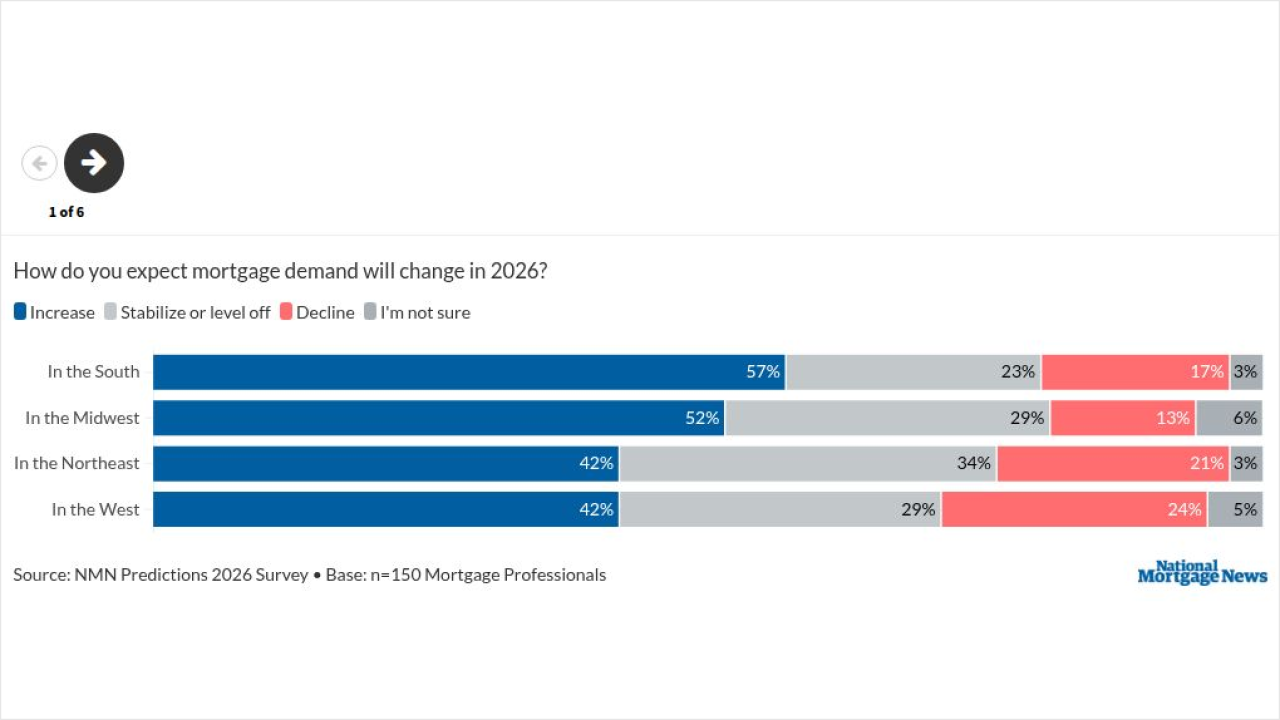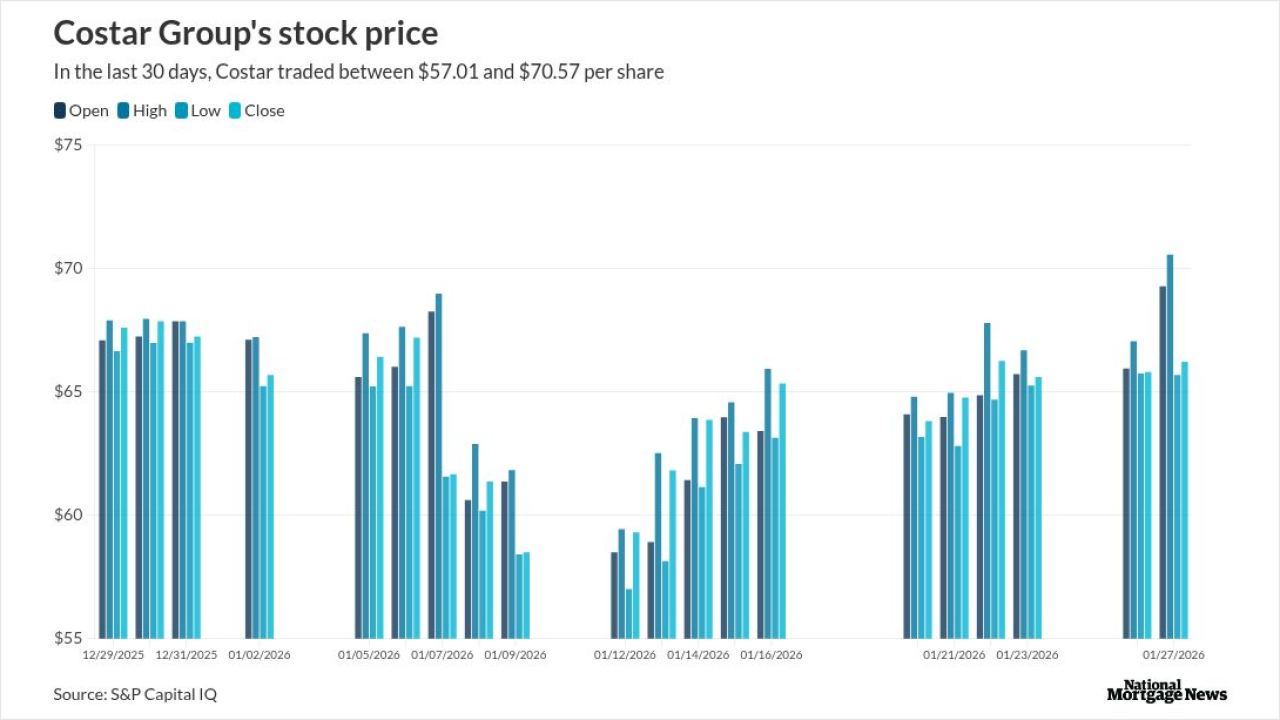
Eleven percent of Americans would run with the bulls to get out of their debt, a
Although many current homeowners refinanced over the last few years, the average American struggles with debt because of current high interest rates: 33% of those surveyed said their debt prevented them from buying a home and 30% said it prevented them from buying or leasing a car.
"There's extreme amounts of anxiety and stress out there," Erika Rasure, a licensed financial therapist on the Financial Therapy Clinical Institute research board, said.
And even after saying they'd go to such great lengths to ditch debt, on average, respondents expected to last only two months before accruing more debt because of high cost of living, rising interest rates and unexpected expenses.
"It's just a serious lack of confidence in our ability to move forward past debt, even if we're trying to take care of it, because there are so many uncertainties out there," Rasure said.
The survey polled 2,000 adults in the U.S. and found an average debt of $54,767 per person. U.S. total household debt rose by $148 billion in the first quarter of 2023, the New York Federal Reserve Bank's quarterly
Total debt is now at $17.05 trillion, the report says. Housing debt, which includes mortgages and home equity lines of credit, makes up $12.38 trillion. Non-housing debt in total was $4.66 trillion, with
The most common reasons Beyond survey respondents cited for their debt: credit cards, mortgages, auto loans and student loans.
Rasure said that credit card debt and student loans are the most stressful for borrowers right now. Credit card debt is always demanding because it's "easy to rack up," quickly becoming extreme.
Student loans are especially nerve-wracking right now because of their uncertainty — the
"People forgot that this might be, still, a responsibility," she said. "And so it's coming to face your responsibilities, but not knowing what those terms look like… there's so much anxiety wrapped up in that for people."
Borrowers usually see mortgages, on the other hand, as a necessary living expense. This means housing debt doesn't make people quite as anxious as credit cards and student loans do, Rasure said.
And after a refinance boom in 2020 and 2021, several are enjoying lower monthly payments or more money in the bank: homeowners took out $430 billion in home equity using refinances, a Fed
Since then, national household debt saw record growth. From 2022 to 2023, it increased by $1.21 trillion, a 7.6% increase, the Fed says. In comparison, debt only increased by 3.4% from 2018 to 2019.
The increase shrunk a little this quarter, though, because both purchase and refinance mortgage
"The end of the most recent exceptionally low interest rate period leaves homeowners somewhat disincentivized to sell or change properties: Owners now looking to move will face increased borrowing costs and higher prices, with current home prices being more than 36 percent higher than they had been pre-pandemic," the Fed article says.
Though current market conditions are dissuading Americans from purchasing houses and generating new debt, they're also worsening existing debt for those with floating rates. This can exacerbate debt-related anxiety, leaving borrowers with a hopeless outlook.
"Everybody would love to become debt free," Rasure said. "But I also think that there's that lingering feeling in the back of everybody's mind: is that, you know, just the way things are?"




